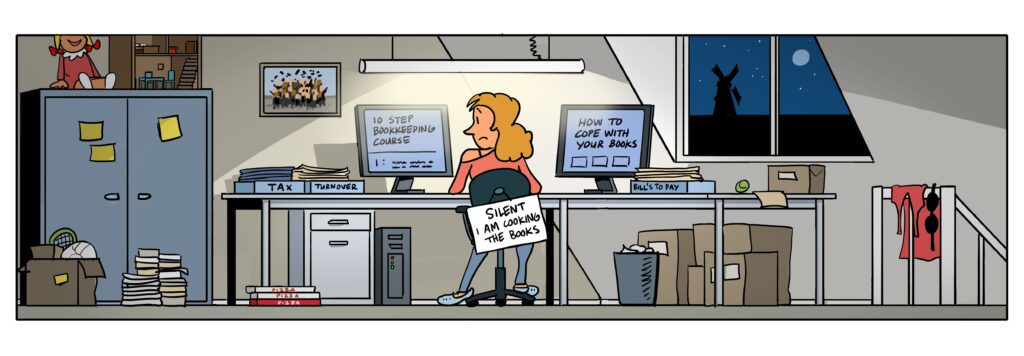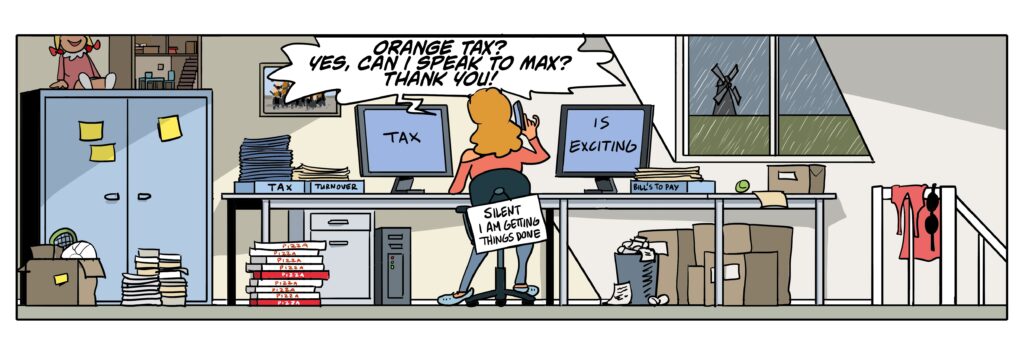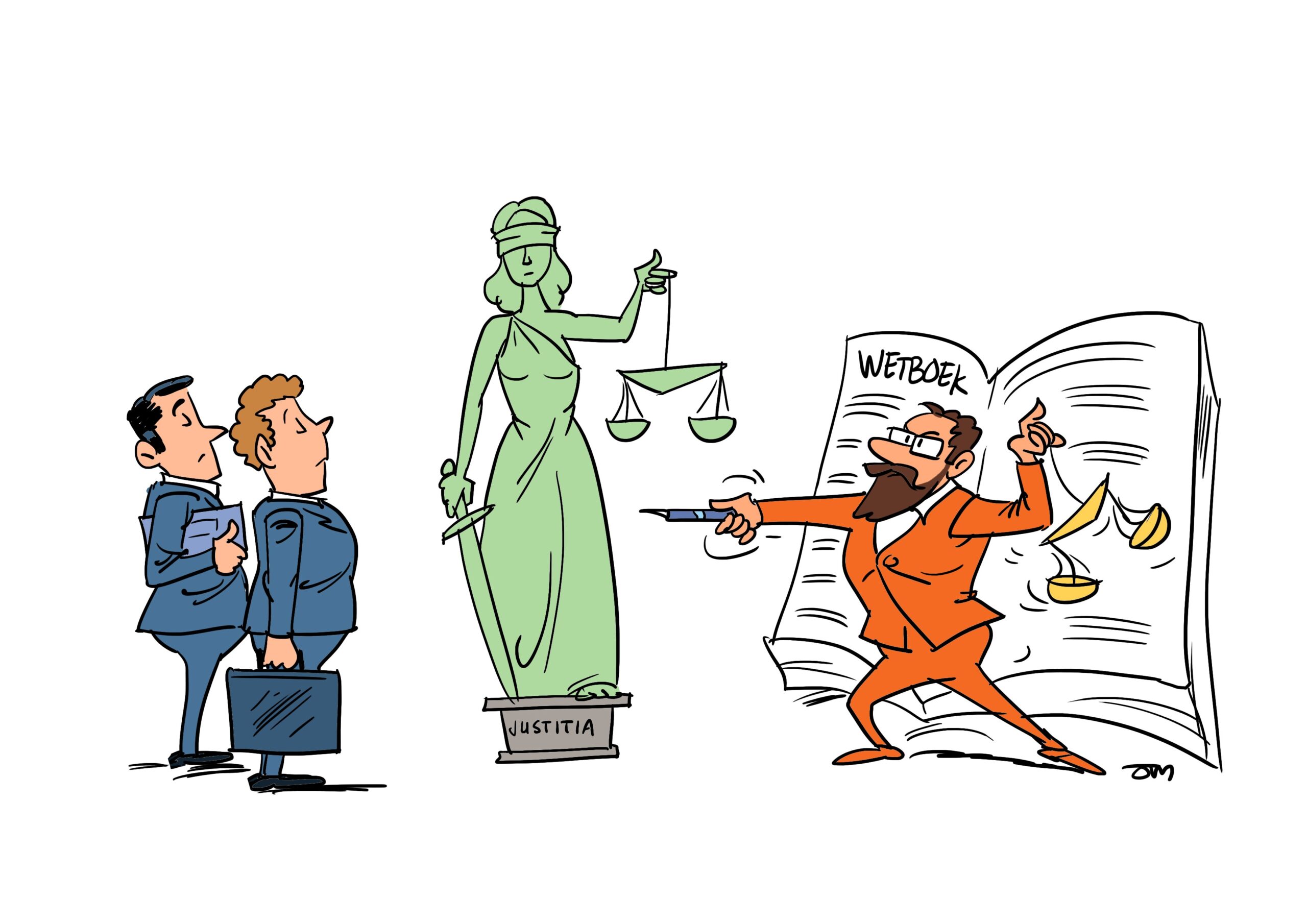Dutch BV company bookkeeping is like any other bookkeeping, but some aspects you need to be alert on.
Dutch BV company bookkeeping
The Dutch BV company bookkeeping is like any other bookkeeping. The balance needs to balance and the profit and loss overview need to show the true result. What is it you need to be alert on with the BV company?
Share capital
The share capital is a crucial part of the BV company. The Limited Liability company limits the liability to the value of the share capital. The share capital can be EUR 0,01. We never recommend that amount, but it is possible.

What is the issue? Most forget to pay the share capital into the BV bank account! The most crucial part of the BV company is to get the limited liability started. The limited liability starts the moment the share capital is paid up. And as silly the EUR 0,01 is, it is forgotten to be paid. And the EUR 0,01 looks rather ugly on the balance sheet, as it is rounded to zero. Looks like not being paid up.
Salary of the shareholder director
In the Netherlands the director shareholder salary is subject to rules. Rules to avoid the director shareholder is entitled to tax credit meant for the poor. The director shareholder with a low salary is often not poor. The salary is low, the dividend is high. But a low salary opens the possibility to use the credits for the poor.
Hence we have a minimum salary of the director shareholder of EUR 56.000 (2024). That is not to be used pro rata. If you work partly for your BV company, this EUR 56.000 is to be applied in full. You pay yourself less than the EUR 56.000 you need to document and proof that is correct. If you pay a higher salary that is often not challenged by the tax office. Regardless, it cannot me less than the salary earned by a person doing a similar job that has no shares in the company.

Current account with the shareholder
The salary of the director is the next step to the current account. Often you see a too low salary being taken by the shareholder director. The result is shown in the current account. The current account is a fancy word for the director taken too much money out of the BV company. Actually it is a loan. A loan in writing, interest determined and a repayment schedule.
Not often the underlying loan agreement is created or up to date. Hence we try to avoid the current account in full. That is possible by paying enough salary to the director shareholder. And if loan amounts are taken up for investment purposes, separate loan agreements should be made as well.
Costs of living
Most shareholder directors have the opinion that the work they do is their live. The costs of their live should be deductible in the BV. From clothing, to food, to the mental health. Unfortunately that is not how it works.

The company costs are deductible, the costs of a certain life style (clothes, hair dresser, airplane, yacht) is not deductible. The costs of food consumed with a client which you can proof is deductible. Food you consumed while you were working is not deductible. Mental health and physical health is important to do your job, but not a business costs. If your mental health care is very much in need of medical assistance, the doctor needs to prescribe and via the income tax return maybe a credit can be claimed.
Tax is exciting
We think tax is exciting. We are excited to process the bookkeeping of your BV company. Above we touched some subjects we find important. There can be many more. Connect to our accounting team to get started!





